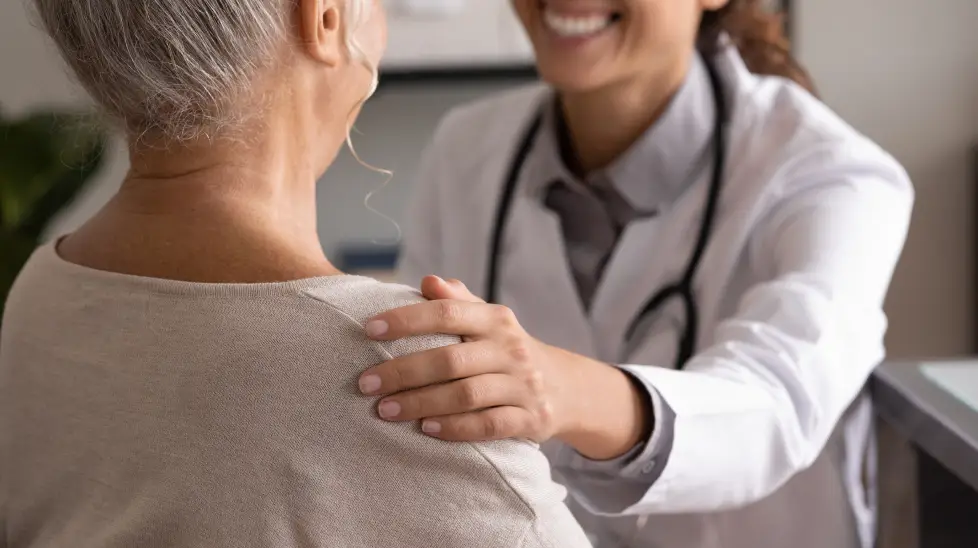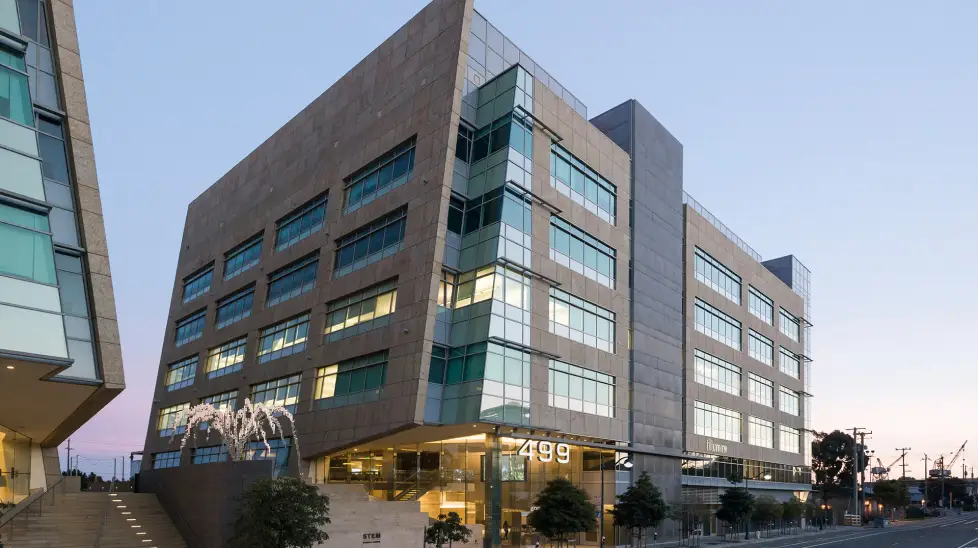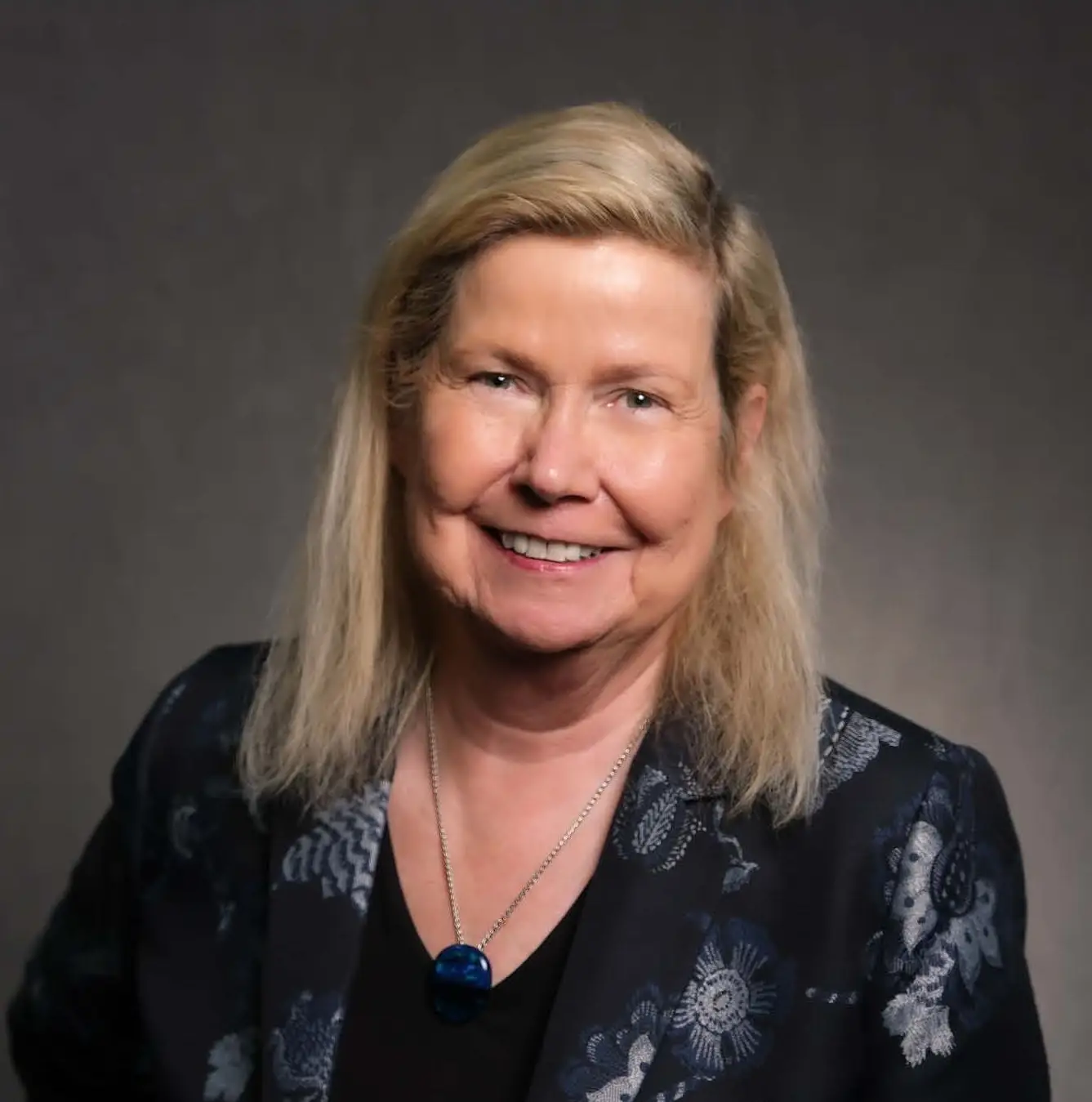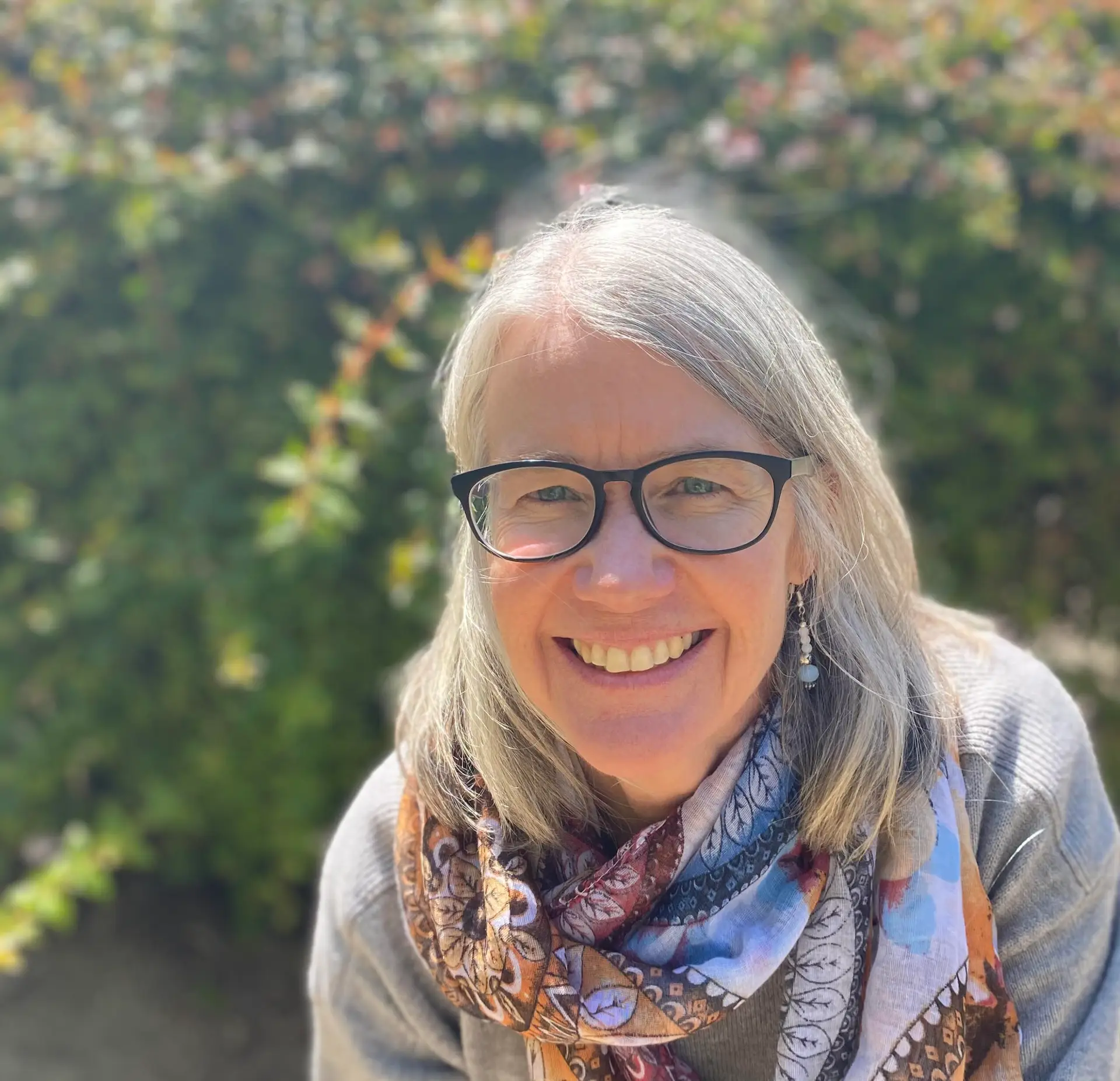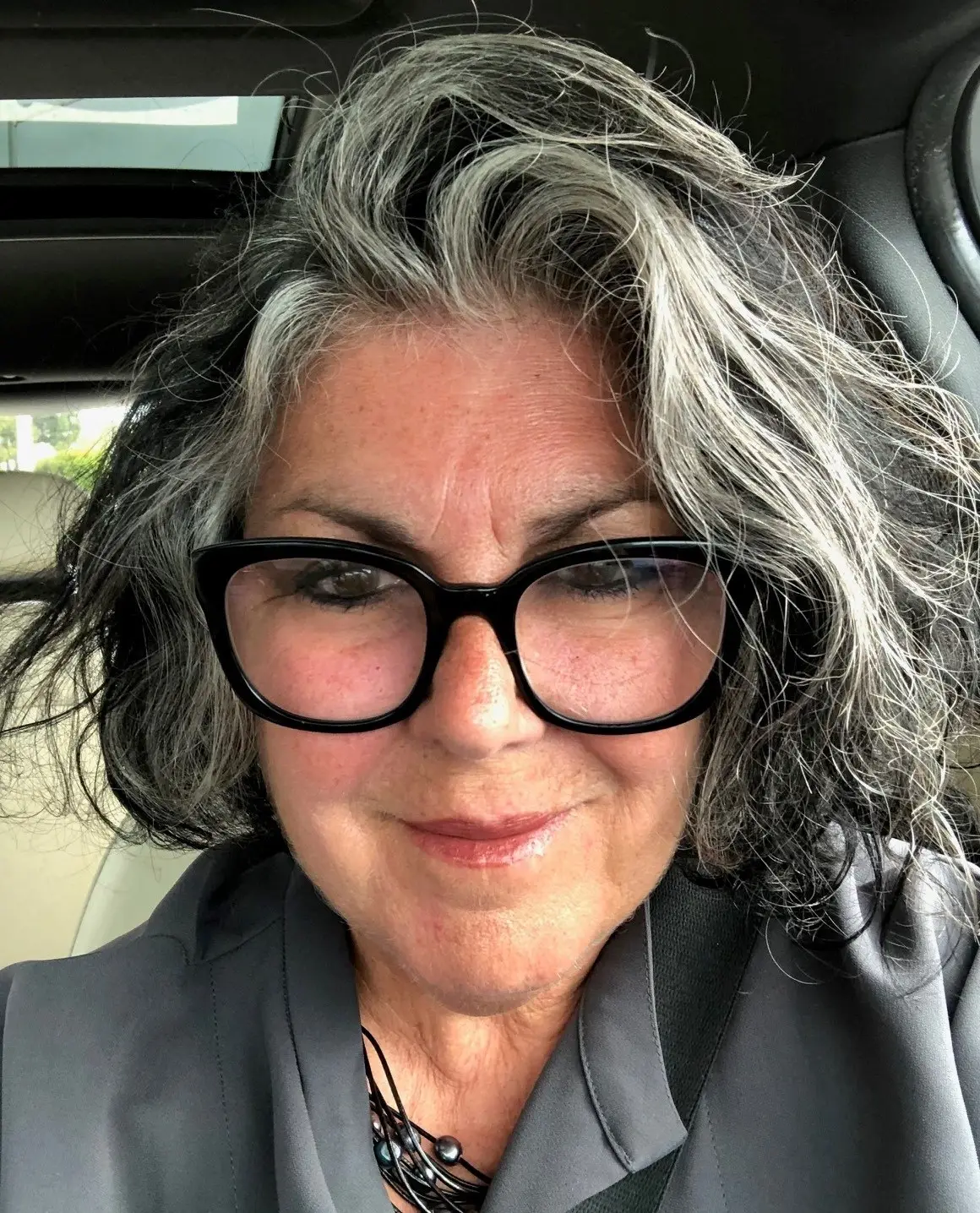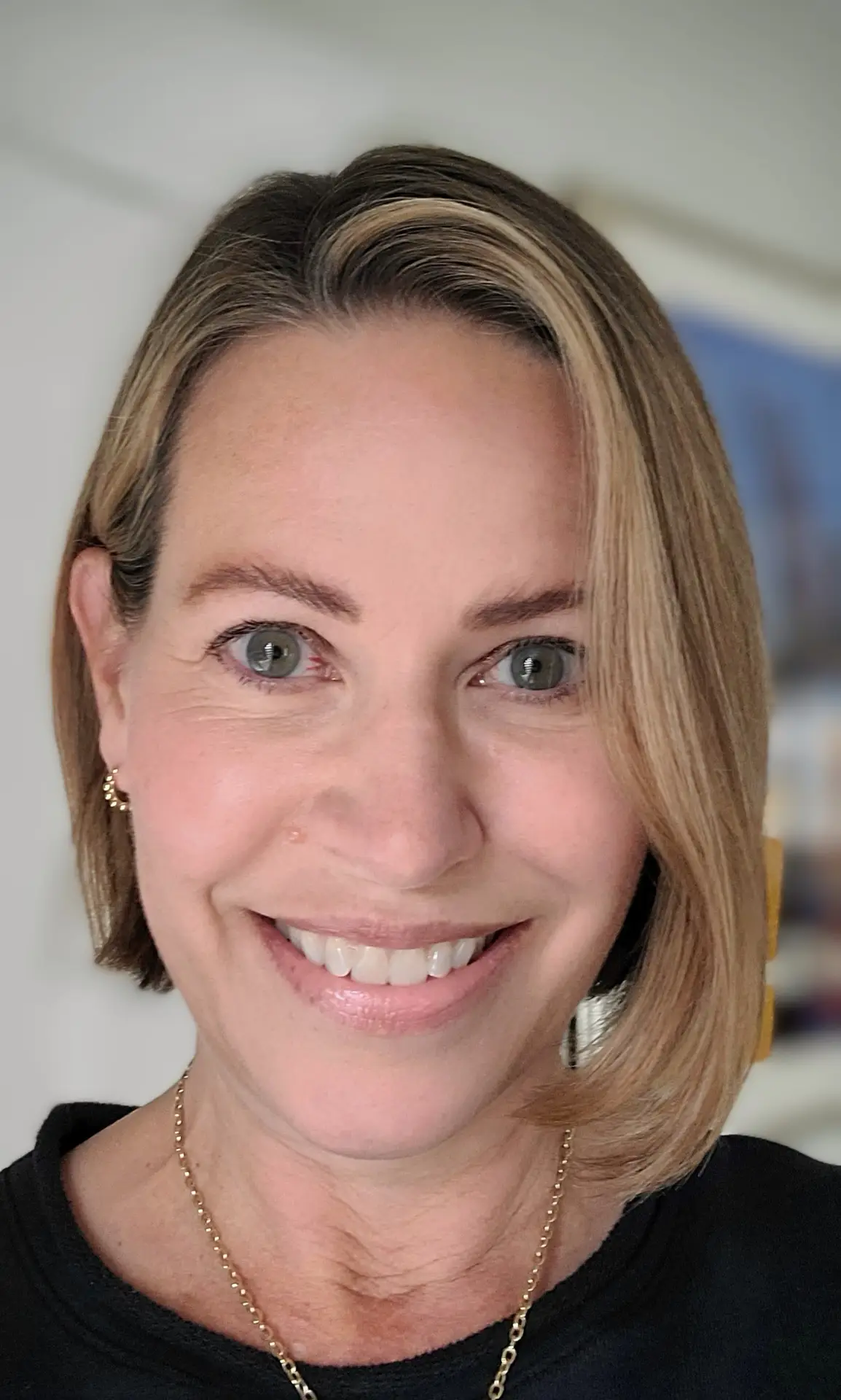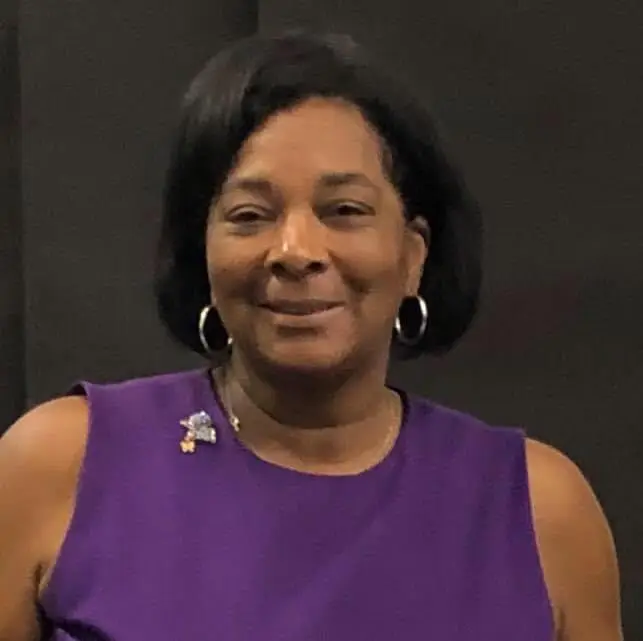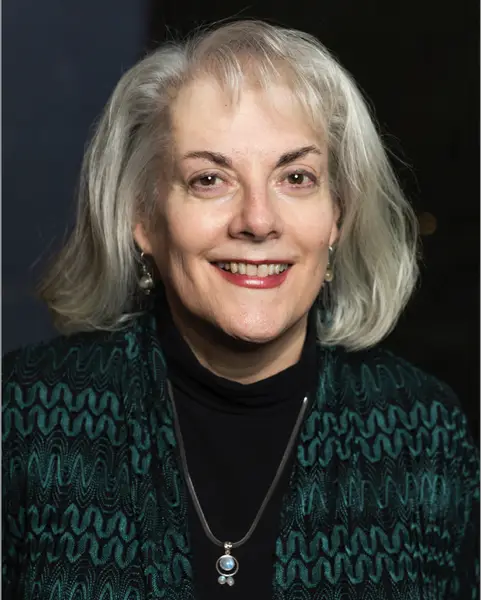SAN FRANCISCO and SEATTLE — (BUSINESS WIRE) — September 15, 2022 —Quantum Leap Healthcare Collaborative (QLHC), sponsor of the I-SPY COVID Trial, and Omeros Corporation (NASDAQ: OMER), developer of the investigational agent narsoplimab, announced that enrollment has been closed and data have been analyzed in the narsoplimab arm of the I-SPY COVID Trial. The analysis in the randomized patient population, including those who declined treatment after randomization, shows that the addition of narsoplimab to treatment of critically ill patients with COVID-19 reduces mortality risk (hazard ratio [HR]=0.81 with probability[HR <1] equal to 0.77).
Neither futility nor graduation criteria were met in the analysis of the randomized population at the time the narsoplimab arm was terminated.
There were 91 patients randomized to the narsoplimab arm of the trial across 27participating US sites. The 91 randomized patients were compared to the 116patients concurrently randomized to the control arm. All patients received standard of care including dexamethasone and remdesivir. Bayesian statistics were prespecified and employed for analyses.
Per the treatment protocol, narsoplimab was to be administered as an intravenous infusion regimen: 4 mg/kg, given as a 30-minute intravenous infusion (up to a maximum of 370 mg per infusion) twice weekly for up to 4 weeks (i.e., a maximum of 9 doses) or until hospital discharge.
The study did not identify any new safety signals for narsoplimab in the setting of critically ill COVID-19 patients.
Narsoplimab was selected for inclusion in the I-SPY COVID Trial because of its demonstrated ability to inhibit complement activation, inflammation, and coagulation, the three components that characterize COVID-19. Specifically, it is a fully humanIgG4 monoclonal antibody against MASP-2, the effector enzyme of the lectin pathway of complement. It inhibits the lectin pathway of complement activation, an early and potent driver of SARS COV-2-triggered inflammation, which, in severe disease, culminates in hypocomplementemia with increased secondary infection risk and in a devastating cytokine storm. Narsoplimab also acts as an anticoagulant by inhibiting the MASP-2-mediated coagulation without increasing bleeding risk.
The I-SPY COVID Trial is a collaboration between members of QLHC and pharmaceutical partners such as Genentech, a member of the Roche Group, and the United States Government (USG). This work is supported in part by the Biomedical Advanced Research and Development Authority, part of the office of the Assistant Secretary for Preparedness and Response within the U.S. Department of Health and Human Services, and the Department of Defense (DoD) Joint Program Executive Office for Chemical, Biological, Radiological and Nuclear Defense, in collaboration with the Medical CBRN Defense Consortium. The Defense Threat Reduction Agency enables USG and international partners to counter and deter weapons of mass destruction and emerging threats.
About Quantum Leap Healthcare Collaborative
Quantum Leap Healthcare Collaborative is a 501C(3) charitable organization established in 2005 as a collaboration between medical researchers at University of California, San Francisco and Silicon Valley entrepreneurs. Our mission is to integrate high-impact research with clinical processes and systems technology, resulting in improved data management and information systems, greater access to clinical trial matching and sponsorship, and greater benefit to providers, patients and researchers. Our goal is to improve and save lives. Quantum Leap provides operational, financial, and regulatory oversight to the I-SPY Trials. For more information, visit www.QuantumLeapHealth.org.
About the I-SPY COVID Trial
The I-SPY COVID Trial(Investigation of Serial Studies to Predict Your COVID Therapeutic Response with Biomarker Integration and Adaptive Learning) is an adaptive platform trial designed to increase trial efficiency by minimizing the number of participants and time required to evaluate experimental and/or repurposed drugs. The focus of the trial is to improve outcomes for severely-ill COVID-19 patients—those who require at least 6L of high-flow oxygen either by mask or nasal cannula, known as level 5 on the World Health Organization (WHO) COVID scale, an 8-pointordinal scale of clinical severity status. The primary endpoints include the time to achieve level 4 or less for at least 48 hours on the WHO COVID scale, the duration of time on a ventilator, and mortality.
The I-SPY COVID Trial is sponsored and managed by Quantum Leap Healthcare Collaborative. For more information, visit www.quantumleaphealth.org or www.ispytrials.org.
About Omeros Corporation
Omeros is an innovative biopharmaceutical company committed to discovering, developing and commercializing small-molecule and protein therapeutics for large-market and orphan indications targeting immunologic disorders including complement-mediated diseases, cancers, and addictive and compulsive disorders. Omeros’ lead MASP-2inhibitor narsoplimab targets the lectin pathway of complement and is the subject of a biologics license application (BLA) pending before FDA for the treatment of hematopoietic stem cell transplant-associated thrombotic microangiopathy (HSCT-TMA). Narsoplimab is also in multiple late-stage clinical development programs focused on other complement-mediated disorders, including IgA nephropathy, COVID-19, and atypical hemolytic uremic syndrome. Omeros’ long-acting MASP-2 inhibitor OMS1029 is currently in a Phase 1 clinical trial. OMS906,Omeros’ inhibitor of MASP-3, the key activator of the alternative pathway of complement, is advancing in clinical programs for paroxysmal nocturnal hemoglobinuria (PNH), complement 3 (C3) glomerulopathy and one or more related indications. For more information about Omeros and its programs, visit www.omeros.com.
About Narsoplimab
Narsoplimab, also known as “OMS721,” is an investigational human monoclonal antibody targeting mannan-binding lectin-associated serineprotease-2 (MASP-2), a novel pro-inflammatory protein target and the effector enzyme of the lectin pathway of complement. Importantly, inhibition of MASP-2does not appear to interfere with the antibody-dependent classical complement activation pathway, which is a critical component of the acquired immune response to infection. A biologics license application (BLA) is pending before the U.S. FDA for use of narsoplimab in the treatment of HSCT-TMA, and the drug is in Phase 3 clinical programs for immunoglobulin A (IgA) nephropathy and atypical hemolytic uremic syndrome (aHUS). Narsoplimab is also being evaluated for the treatment of COVID-19. FDA has granted narsoplimab breakthrough therapy designations for HSCT-TMA and for IgA nephropathy; orphan drug status for the prevention (inhibition) of complement-mediated thrombotic microangiopathies, for the treatment of HSCT-TMA and for the treatment of IgA nephropathy; and fast track designation for the treatment of patients with aHUS. The European Medicines Agency has granted orphan drug designation to narsoplimab for treatment in HSCT and for treatment of primary IgA nephropathy.
Omeros Forward-Looking Statements
This press release contains forward-looking statements within the meaning of Section 27A of the Securities Act of 1933 and Section 21E of the Securities Exchange Act of 1934, which are subject to the “safe harbor” created by those sections for such statements. All statements other than statements of historical fact are forward-looking statements, which are often indicated by terms such as “anticipate,” “believe,” “could,” “estimate,” “expect,” “goal,” “intend,” “likely,” “look forward to,” “may,” “objective,” “plan,” “potential,” “predict,” “project,” “should,” “slate,” “target,” “will,” “would” and similar expressions and variations thereof. Forward-looking statements, including statements regarding Omeros’ research and development programs and the therapeutic application of research findings, are based on management’s beliefs and assumptions and on information available to management only as of the date of this press release. Omeros’ actual results could differ materially from those anticipated in these forward-looking statements for many reasons, including, without limitation, risks associated with product commercialization and commercial operations, unproven preclinical and clinical development activities, regulatory processes and oversight, challenges associated with manufacture or supply of our investigational or commercial products, delays incompletion of ongoing or planned clinical trials, competitive developments, litigation, and the risks, uncertainties and other factors described under the heading “Risk Factors” in the company’s Annual Report on Form 10-K filed with the Securities and Exchange Commission (SEC) on March 1, 2021. Given these risks, uncertainties and other factors, you should not place undue reliance on these forward-looking statements, and the company assumes no obligation to update these forward-looking statements, whether as a result of new information, future events or otherwise, except as required by applicable law.
QLHC Contact:
Jacqueline Murray
Marketing and Communications Director, Quantum Leap Healthcare
J.murray@quantumleaphealth.org
(415) 839-8082
Omeros Contact:
Jennifer Cook Williams
Cook Williams Communications, Inc.
Investor and Media Relations
IR@omeros.com
Source: Quantum Leap Healthcare Collaborative and Omeros Corporation
For more information, email karyn.digiorgio@quantumleaphealth.org



